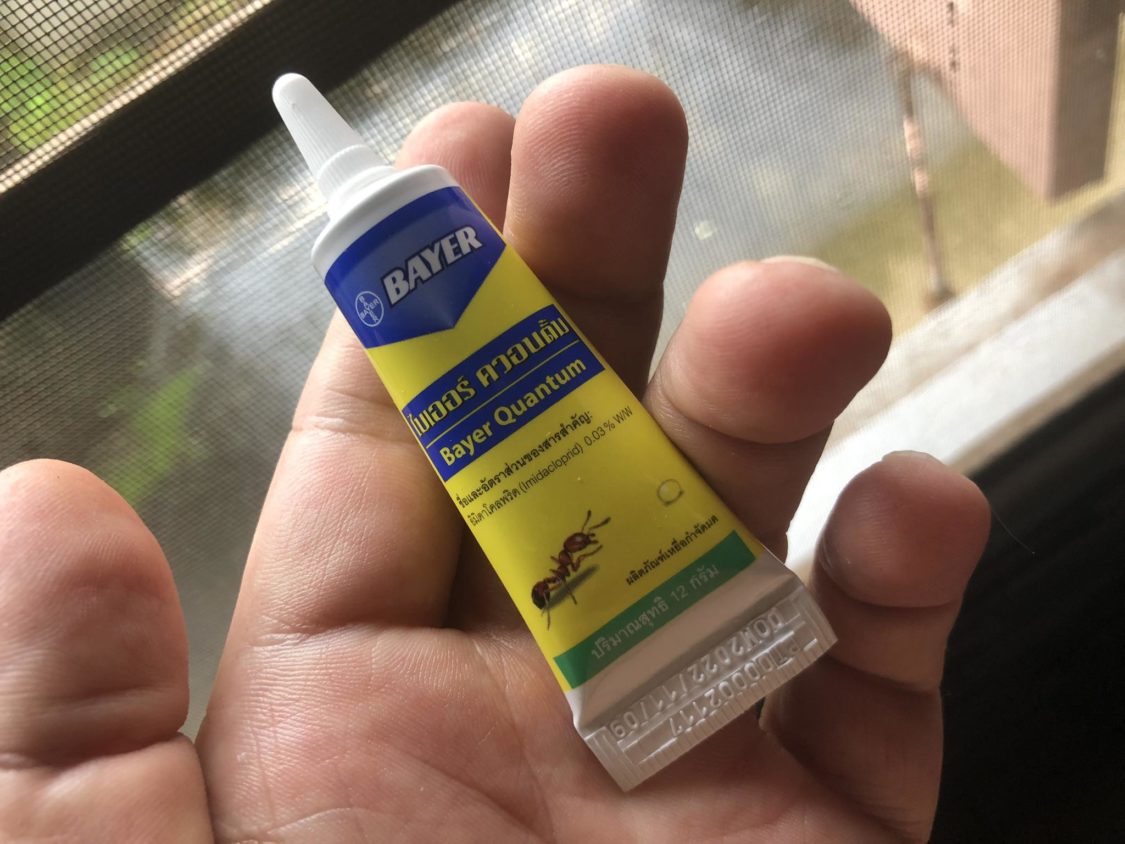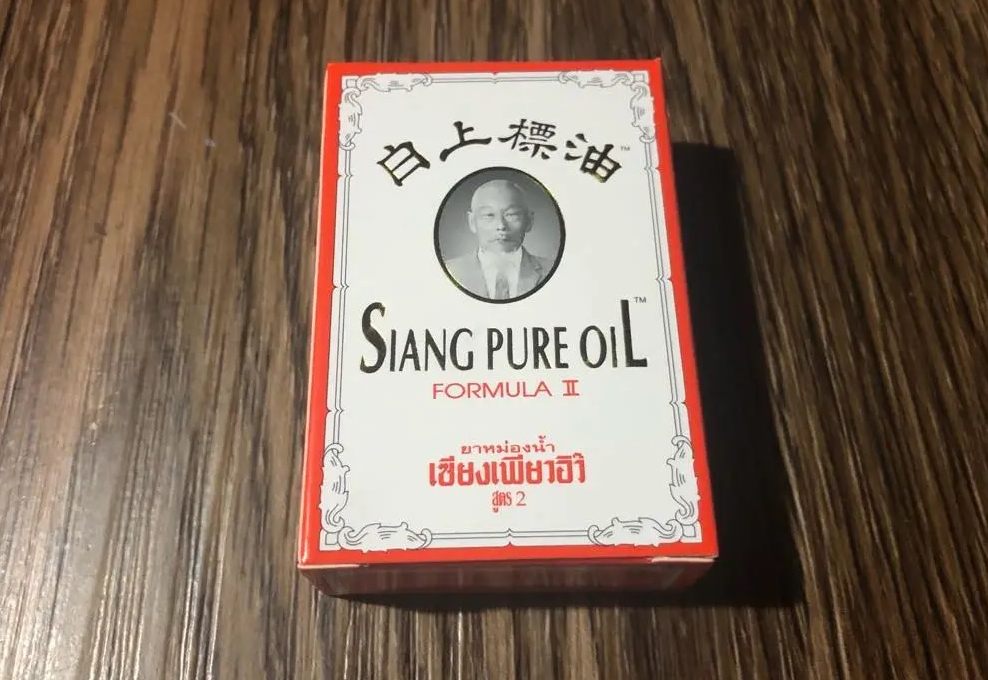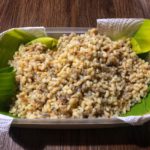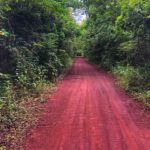How to Get Rid of Ants in Thailand

If you live in Thailand, you likely have had unwelcome ants in your home, especially on kitchen countertops and cabinets. During the rainy season, ants become even more plentiful as they escape their flooded nests in search of someplace dry, such as behind the ceilings or walls of a Thai house.
The Best Ant Killer/Bait in Thailand
Over the years we have experimented with most Thai ant repellents, killers, and baits, and without question the best way to get rid of ants in Thailand is with Bayer Quantum. Sold in tiny 12 milligram tubes for about 225 baht, this insecticide may seem quite pricey compared to the many Ya Kha Mot (ยาฆ่ามด), ant killers, and Yeu Mot Gam-Jat Mot (หยื่อมดกำจัดมด), ant baits, available for under 100 baht. The difference is Bayer Quantum works!
And by works we mean that it fully eradicates the ant nest, eliminating the problem for good (unless a new ant colony decides to venture into your house. The other ant killers, such as the ubiquitous Chinese insecticide chalks and plastic bait traps with pellets, only seem to work on some ants, and only for a short period of time. In our experience the ants always seem to come back when using these methods, and many get savvy about not eating the pellets.
Whether your dealing with tiny black ants, large carpenter ants, or Thai red ants (whose eggs are known as Isaan Caviar), Bayer Quantum does the job. And in our experience usually within 24 hours. Only a couple small drops are usually required, unless your Thai house has a serious infestation. The ants are highly attracted to the droplet, feed on it, and take the ant toxin back to the colony, where others feed on it (including the queen), eliminating the nest in a short time.
Can I Use Bayer Quantum for Outside Ants?
While you could use Bayer Quantum to kill an outside ant nest in Thailand, we advise that you refrain from doing so, unless great care is taken. The active ingredient in Bayer Quantum is “imidacloprid,” which acts as a neurotoxin on insects. There are concerns that use of imidacloprid could kill bee populations, thus the ingredient is banned for outdoor use in Europe. If you do use it outside, place it among a large group of ants, so it is eaten up quickly. And monitor the area until the droplets are fully consumed.
The amount of imidacloprid in Bayer Quantum is only 0.03%, which is considered not harmful to mammals or humans. However, to be on the safe side, be sure to wash your hands after using it, and if you have a dog or cat, place the droplets in an area out of reach of your pet, or monitor the area until the droplets are consumed and then wash the spot where you placed the Bayer Quantum

The Best Natural Ways to Rid Your Thai Home of Ants
Of course, the Thai people have been battling ant infestations for centuries, long before modern ant killers and baits were introduced. Thais have used a variety of methods that don’t actually kill the ants but encourage them to relocate to somewhere else. Using one of these methods can be effective at keeping ants out of your kitchen or dining area, but they may still remain hidden somewhere in your house (which is okay unless your dealing with Thai carpenter ants that should be fully eradicated).
If you would like to avoid toxins and get rid of ants in Thailand the traditional way, we recommend the follow natural methods:
1. Lemon or pomelo peels: Thai people often place lemon, lime or pomelo peels near ant entry points or areas where ants are commonly seen. The strong scent of citrus repels ants, keeping them away from the treated areas.
2. Essential oils: Take a traditional Thai pain relief lotion that has essential oils such as cinnamon, camphor, or peppermint (for example, Siang Pure Oil). Many such oils have insect-repelling properties. Mix a few drops of these oils with water and spray it around the ant-prone areas to keep ants at bay.
3. Chili powder or pepper: Ants dislike strong spicy smells like chili powder or black pepper. Sprinkling these substances near ant-infested areas can discourage them from entering your Thai home.
4. Vinegar solution: A mixture of equal parts white vinegar and water can be sprayed on ant trails, entry points, and nests. The strong smell of vinegar disrupts the ants’ pheromone trails, making it difficult for them to find their way and eventually causing them to relocate.
5. Boiling water: For outdoor ant nests in Thailand, pouring boiling water directly into the entrance can be an effective way to eliminate the colony without using harmful chemicals.
6. Dish Soap: Clean the area where the ants are with a rag doused in a solution of dish soap and water. Allow a residue of soapy water on the area to dry. Spray outside ant nests with a solution of dish soap and water.
- Affirmations in Buddhism & Thailand - June 7, 2025
- Speak Thai Naturally Without the Gymnastics - April 20, 2025
- The Best Learn Thai Podcast and YouTube Channel - April 10, 2025




